
INTRODUCTION Where do I begin? I always get stumped when I am asked to introduce myself. It would amaze you to know that most chefs, as loud and as brash as we may seem in the kitchen, are actually quite reserved when it comes to talking about ourselves. Youll often hear us describe how we cook, where weve worked, the best cut of beef weve tasted, the most irritating waiter, heck, well even happily describe the beauty of an industrial kitchen in soppy floral notes for you! Ask us to tell you who we are? Well, thats a completely different proposition.
Its been a journey and a half to get here. Dijo: My Food, My Journey. The title of this book, as simple as it may seem, perfectly sums up what its about: The story of my journey through food. Dijo is the Setswana and Sesotho sa Leboa word for food. I was born in Soweto, South Africa in 1982, about nine months after my parents were married. Both my parents were teachers and raised my brothers and me during the last years of that shameful atrocity called apartheid.
We moved out of the township to a nearby southern suburb of Johannesburg when I turned 15. I went on to do a BCom degree at the University of the Witwatersrand and subsequently worked as a process engineer from the age of 20 until I was 26. How I managed to secure that job is a story for a whole other book! Lets just say it was based on intellect and IQ and a lot of tests. In 2008 I realised that my passion didnt lie in sitting in boardrooms and dressing up in a suit and tie every day and speaking over PowerPoint slideshows, so I quit that job and corporate life altogether and travelled South Africa for eight months. It was during one of my late nights alone in a hotel in Port Elizabeth that I opened my laptop and decided I would become a chef. Fast forward a bit, and in 2010 I graduated from one of South Africas best chef academies, Prue Leith Chefs Academy, with a Grande Diploma in Food and Wine along with a few other official-looking pieces of cardboard saying I could unleash my culinary ideas onto the world and wear a funny tall paper hat while at it.
While at Prue Leith Chefs Academy I happened to create a pie that was named the official pie of the 2010 FIFA World Cup by the British High Commission and with it a prize that included heading to London and spending a bit of time at Richard Corrigans Michelin-star restaurant. I based that pie on a kota from Soweto. Little did I know how significant that would be! It became the catalyst in this whole journey (as you read this book youll realise exactly what I mean by this). I did my practical chef training under the brilliant chef Nicky Gibbs at what is now called The Four Seasons Westcliff. From there I went on to work as a private chef for a prominent family in Irene. Then I did some freelance chef work for a while, which included cooking for Warren Buffetts family, Bill Gates, Alicia Keys and a few other well-known international and South African people.
I also lived and worked for almost two years at Richard Bransons lodge Ulusaba, in Sabi Sands. From there I moved on to work in the corporate restaurant at ENSAfrica, Africas largest law firm, and it was while I was there that the madness finally hit me and I decided to take the plunge and start my own culinary solutions business. I have been running it ever since. It is called LesDaChef Culinary Solutions. (Its also the name I sometimes
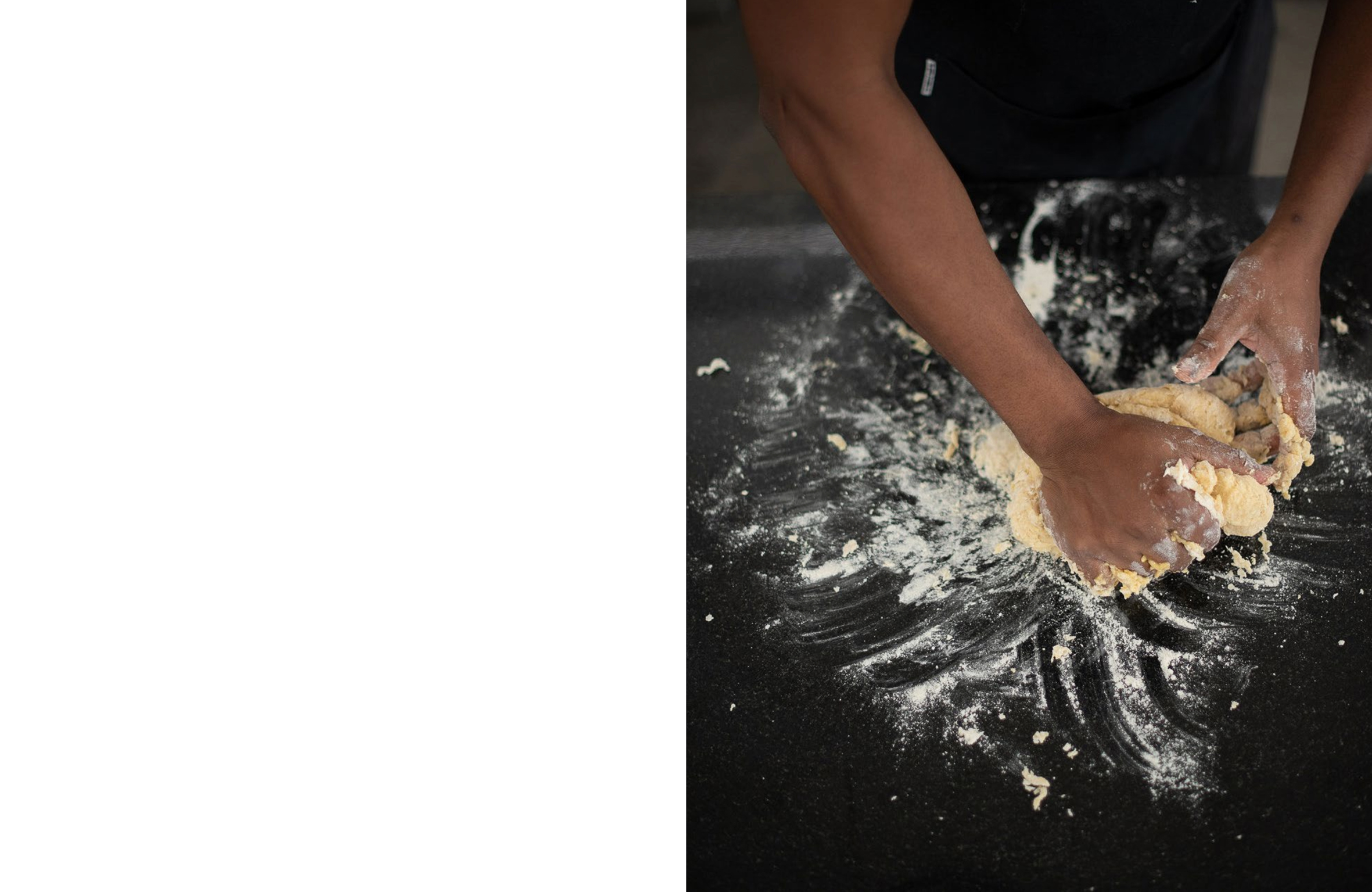
get called, but I always tell people my name is Lesego, not LesDaChef.) While all of this was happening, I was selected as one of the Mail & Guardian s Top 200 Young South Africans in 2015. Ive been featured on over 20 different radio stations, I was the resident chef at Metro FM and Power FM for a year each, as well as for City Press newspaper.
Ive also been featured in a number of newspapers and other publications. In 2016 Top Chef South Africa was created, and I happened to be a judge apparently the one with the serious look and snide comments! In short, Ive been busy. Despite all of the above, what I have been known for over the years is my unconventional use of social media to educate sometimes aggravate and ultimately inform people about the world of food. Im known for telling it like it is and pushing people to understand the food they consume and how it is made.


Whats with the Snobbery? When I first started hosting my own cooking events and classes, the very first thing I would cheekily tell people was that, if they are food and wine snobs, they would need to leave their snobbery at the door, as none would be allowed. This eventually became the pay-off line for my business and my approach to food.
As much as Im a fully trained chef and know all the big words and terms and techniques, theres nothing I hate more than pretentiousness. But unfortunately the world of food is full of pretentious types. The difficulty I have with pretension can in part be attributed to my own rather unconventional food journey. I was never one of those kids who would read cookbooks or watch cooking shows. I had no interest in restaurants or the culinary world, nor did I fully grasp what it is like to be a professional chef until I entered the doors of Prue Leith. I thought a cook and a chef were the exact same thing (a subject I now go on and on about to anyone within earshot).
So you can imagine my awe and fascination when I went from being a typical everyday Joe to landing up in the world of crisp white chef jackets and shouts of Yes, chef! While I have my own complex history in the world of haute cuisine, I also know my fellow South Africans are an interesting bunch. We love what we love, and it takes a lot to get us to switch over to anything new. I realised this at the very start of my career. Whenever I would excitedly post an image of a fine-dining dish on social media, the usual quips of Okay, so wheres the rest of the food? were as constant as a ticking metronome. And I got it, because even though I can cook French fine-dining food with my eyes closed, I certainly dont eat it every day. So began my passionate mission to remove the big words and daunting language and add a little bit of good old township soul food while being as creative as possible.

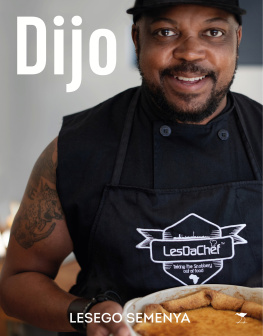

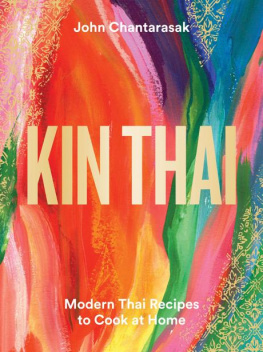
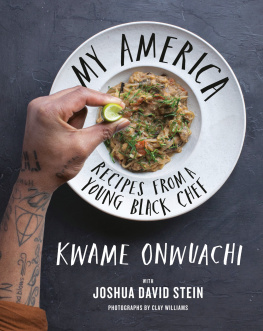

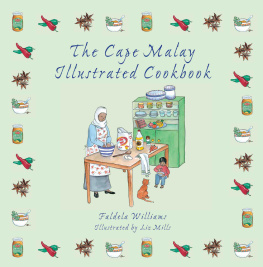
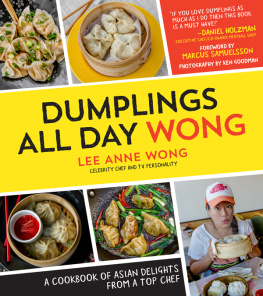

 LESEGO SEMENYA
LESEGO SEMENYA  My late aunt Modiegi. You were adamant I had to write a cookbook before you passed on. Im sorry I took so long. Rest in peace. My mom and dad. You have never once questioned or doubted my journey.
My late aunt Modiegi. You were adamant I had to write a cookbook before you passed on. Im sorry I took so long. Rest in peace. My mom and dad. You have never once questioned or doubted my journey.  MY FOOD, MY JOURNEY
MY FOOD, MY JOURNEY 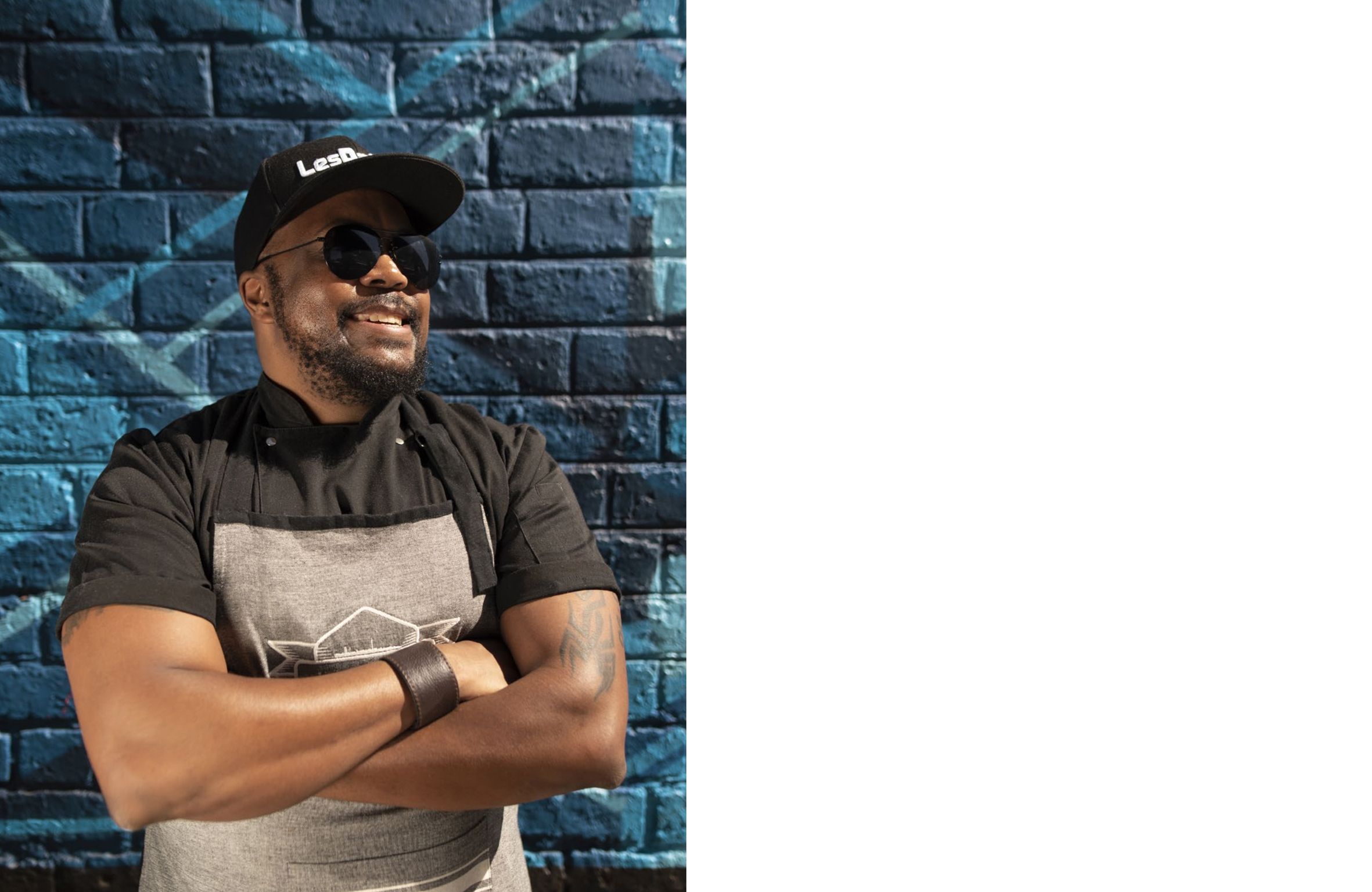

 get called, but I always tell people my name is Lesego, not LesDaChef.) While all of this was happening, I was selected as one of the Mail & Guardian s Top 200 Young South Africans in 2015. Ive been featured on over 20 different radio stations, I was the resident chef at Metro FM and Power FM for a year each, as well as for City Press newspaper.
get called, but I always tell people my name is Lesego, not LesDaChef.) While all of this was happening, I was selected as one of the Mail & Guardian s Top 200 Young South Africans in 2015. Ive been featured on over 20 different radio stations, I was the resident chef at Metro FM and Power FM for a year each, as well as for City Press newspaper.  Whats with the Snobbery? When I first started hosting my own cooking events and classes, the very first thing I would cheekily tell people was that, if they are food and wine snobs, they would need to leave their snobbery at the door, as none would be allowed. This eventually became the pay-off line for my business and my approach to food.
Whats with the Snobbery? When I first started hosting my own cooking events and classes, the very first thing I would cheekily tell people was that, if they are food and wine snobs, they would need to leave their snobbery at the door, as none would be allowed. This eventually became the pay-off line for my business and my approach to food.